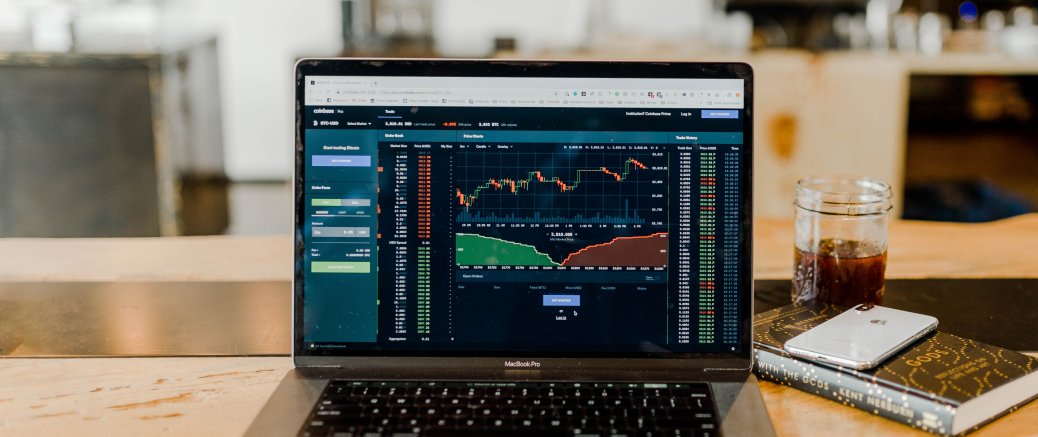(Note: The following was originally written to fulfill course work)
Carbaugh (2017) on page 370 briefly mentions cryptocurrency. He takes a pretty negative view, focusing almost exclusively on the bad actors taking advantage of the technology’s lack of governmental controls. Though cryptocurrency/blockchain are 10 years old, they are still in their infancy in terms of their impact on global markets. While I believe it’s too early to tell what their ultimate impact will be, some interesting projects are pointing to exciting possibilities. So, I thought it might be interesting to look at two adopters of blockchain, the technology that powers the distributed, trusted nature of cryptocurrencies. My point is not to to praise or bury blockchain, but to point out the fact that it is starting to have an impact on the way some traditional things happen in our world.
In 2018 World Bank, The (2018) released a new bond that raised \(110M USD and caught many people by surprise because it was issued exclusively on a blockchain. Purchasers were not sent any physical documents to verify ownership. This was part of an ongoing exploration starting in 2017 of blockchain with their Blockchain Innovation Lab. In their press release they noted that “The World Bank issues between US\)50-US$60 billion annually in bonds for sustainable development” (World Bank, The, 2018). In other words, even if this is successful only for The World Bank, it could be big.
Since 2018, another bond offering of Bond-i was released in August of 2019, selling an additional $50M USD (World Bank, The, 2019). This first Bond-i will come due next month and will be the next big step in showing whether or not these bonds are the future.
Another company Maersk, the international shipping giant, is also using blockchain to improve the global supply chain. In 2019, the company announced their TradeLens product in cooperation with IBM. By September 2019, the TradeLens ecosystem had 100 organizations on board with 55 ports and terminals sending data. The system was registering over 10M shipping events weekly. and was on track to gather data from 6000 ports and terminals (MAERSK, 2019).
The impact of this initiative is to speed up global trade. I’ve been told, though not been able to confirm, that at a major port, a container can sit for up to a week while paperwork is being processed. By placing all relevant information on a publicly accessible digital repository that can’t later be deleted or amended, the processing time could potentially drop to hours. This would represent a massive savings of both time and cost to traders.
Photo by Austin Distel on Unsplash
References
Carbaugh, R. J. (2017). Global economics 17 edition. South-Western Cengage Learning.
MAERSK. (2019). A game changer for global trade. https://www.maersk.com/news/articles/2019/09/20/a-game-changer-for-global-trade
World Bank, The. (2018). World bank prices first global blockchain bond, raising a $110 million. https://www.worldbank.org/en/news/press-release/2018/08/23/world-bank-prices-first-global-blockchain-bond-raising-a110-million
World Bank, The. (2019). World bank issues second tranche of blockchain bond via bond-i. https://www.worldbank.org/en/news/press-release/2019/08/16/world-bank-issues-second- tranche-of-blockchain-bond-via-bond-i
